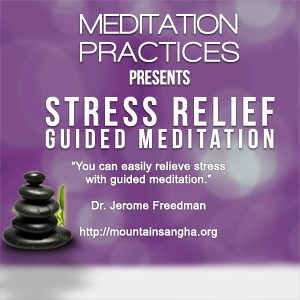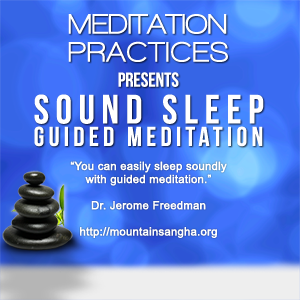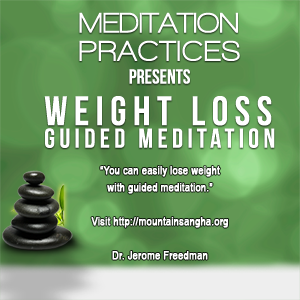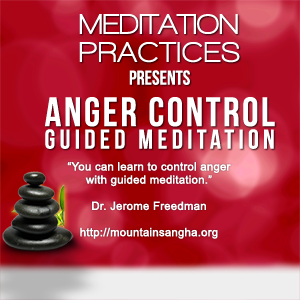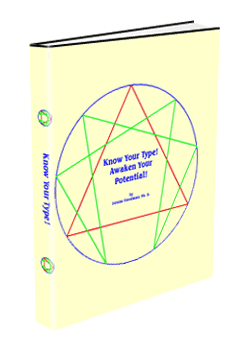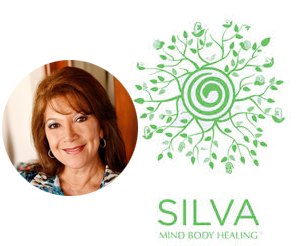Mindful Advocacy for Mother Earth was the topic of the workshop on the evening after Sister Mai Nghiem‘s dharma talk on Nurturing Practices.
There were four panelists: Laura Hunter, Heather Mann, Nomi Green and me, all members of the Earth Holder Sangha as well as the Order of Interbeing (OI).
This video was filmed by David Nelson, a friend and OI member who rode with me to the retreat.
For the first 13 years, she proceeded in an adversarial way without the practices and for the past 13 years, she has been applying these core teachings of mindfulness: Change the peg – when a rotten peg is in the building, you knock it out and replace it with a new one; she replaced unskillful emotions with skillful on; some people are not yet skillful; you move when you don’t understand – communication is what is needed; and a “strong teaching.”
Heather was a founder of an organization called Center for Resilient Cities in Madison, Wisconsin.
She says, “Advocacy begins with begins with a broken heart when we see something that we can’t abide by and that we feel called to answer…and mindful advocacy is about practice.”
After a six year voyage, she came back and was no long willing to make enemies; she was no longer willing to be angry, which involves what she calls “fierce compassion;” she was no longer willing to blame others, rush, work long hours, or argue her case.
She is now drawn to the transformation of consciousness by using such practices as tonglen, temper your ambitions, and watering seeds of well-being.
I spoke about how climate advocacy is related to cancer advocacy and told them how Micah used “mind stories” to cure cancer and the 7 Strategies to Help US Survive.
Nomi is a “hobby activist” which means that she does it in her spare time and she talked about the obstacles of greed, aversion and doubt.
She works in her community in Santa Fe, New Mexico by training in non-violence and takes what she calls, “compassionate direct action,” not out of anger or despair.
Her guidelines are to give up hope that any thing she does might change anything, or what Buddha’s teachings call goallessness or aimlessness; not to take any step that she doesn’t want to take; and taking action out of compassion.
A lively discussion and a short meditation followed.
Please share what you think were the most powerful take-a ways from the panelists.


